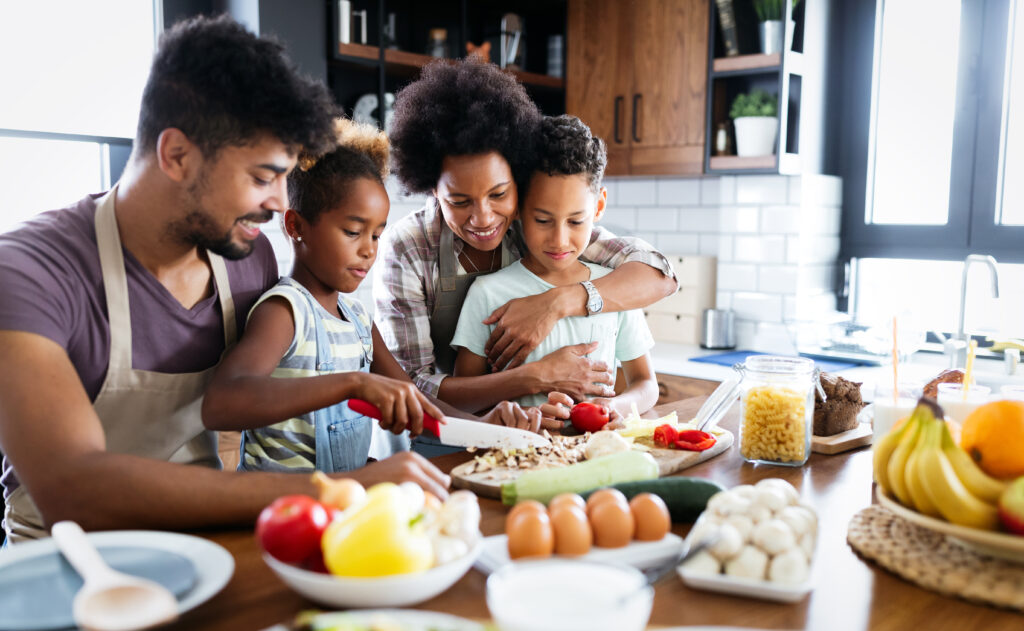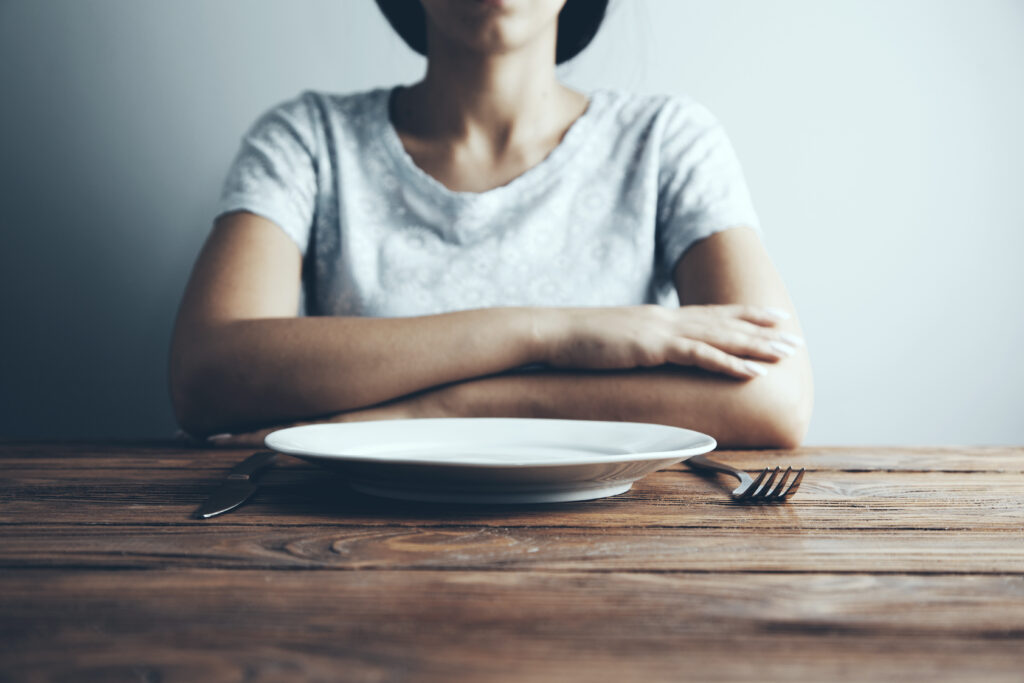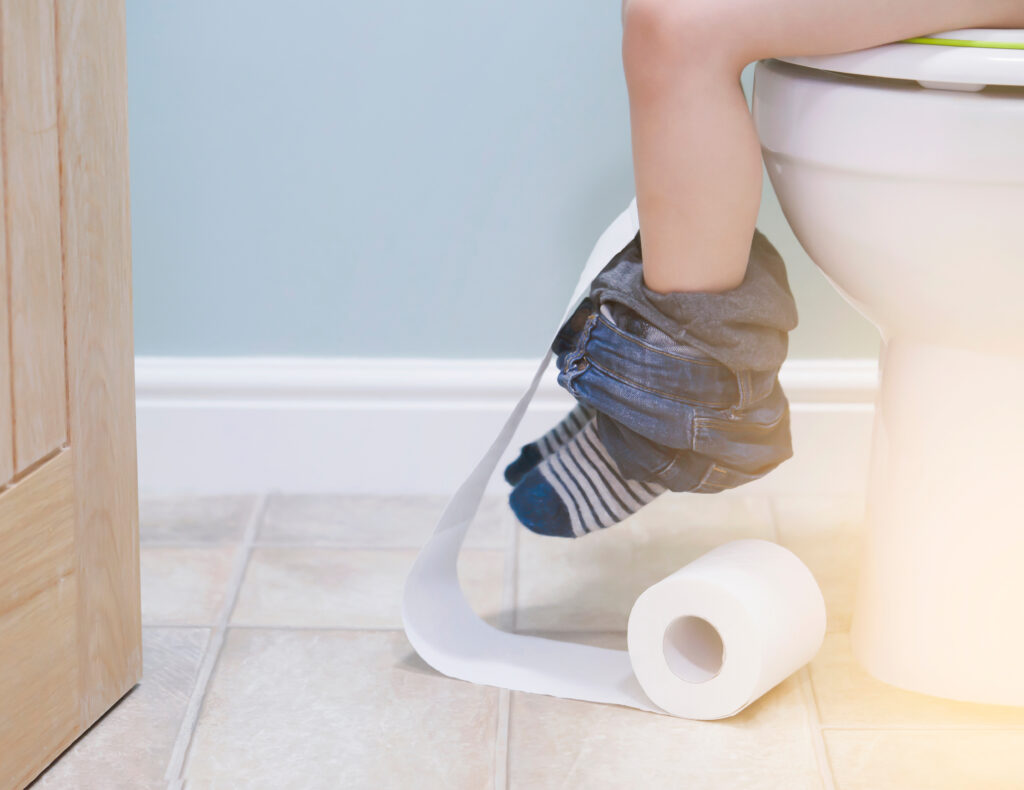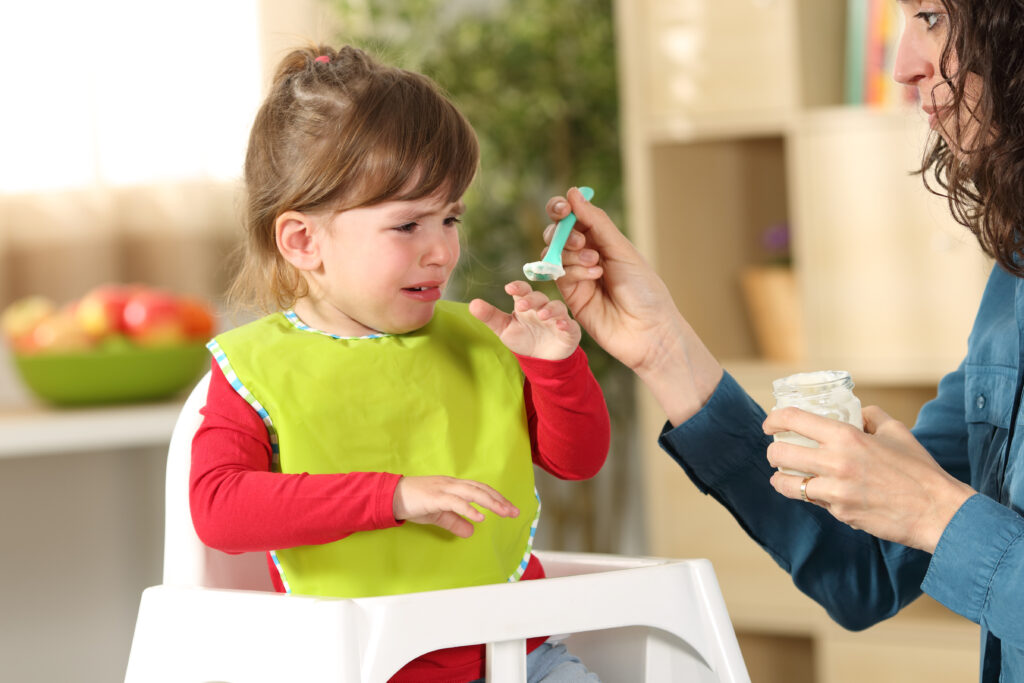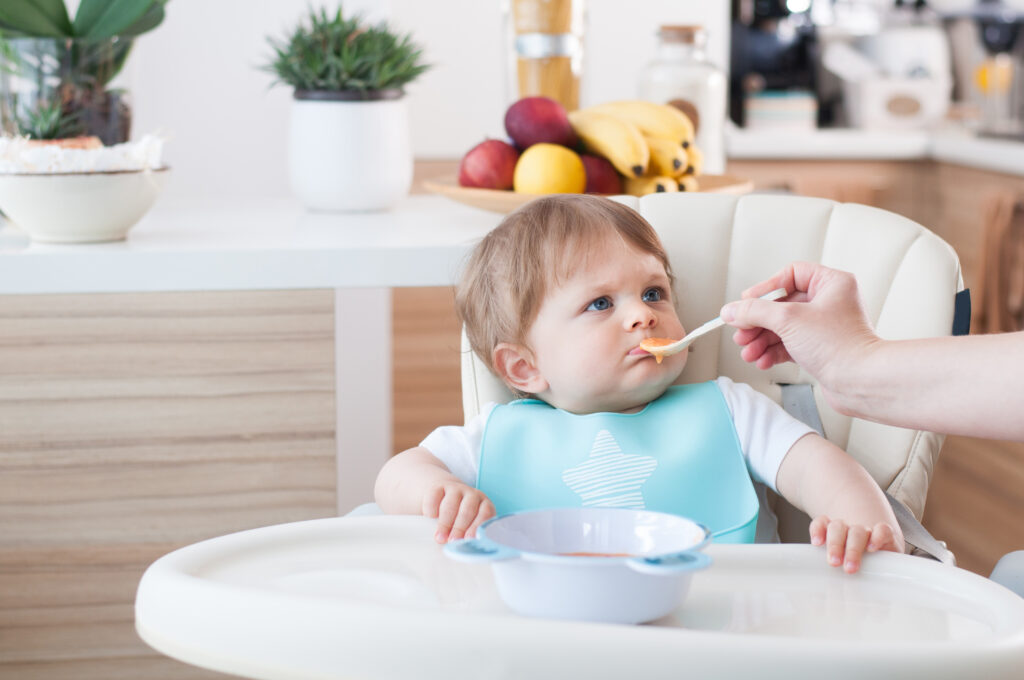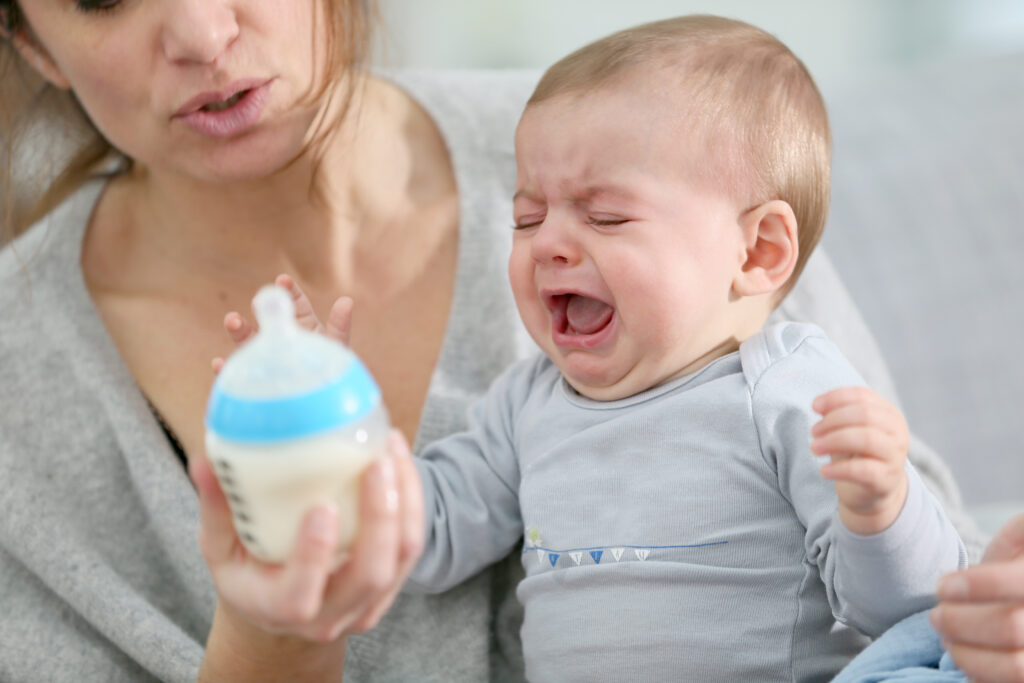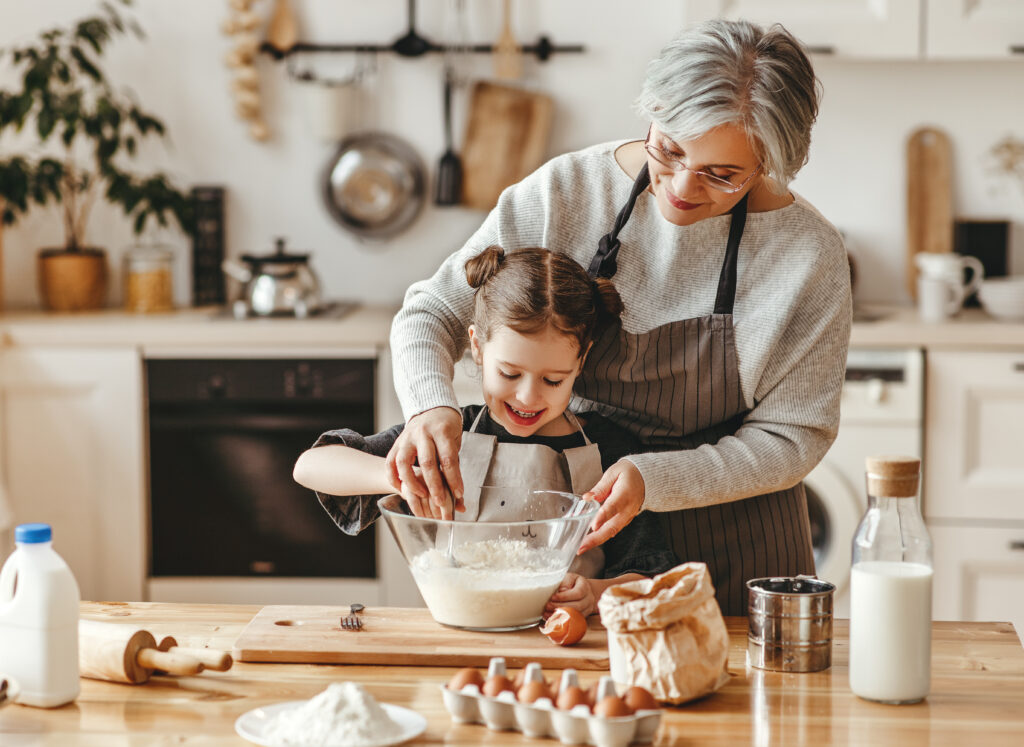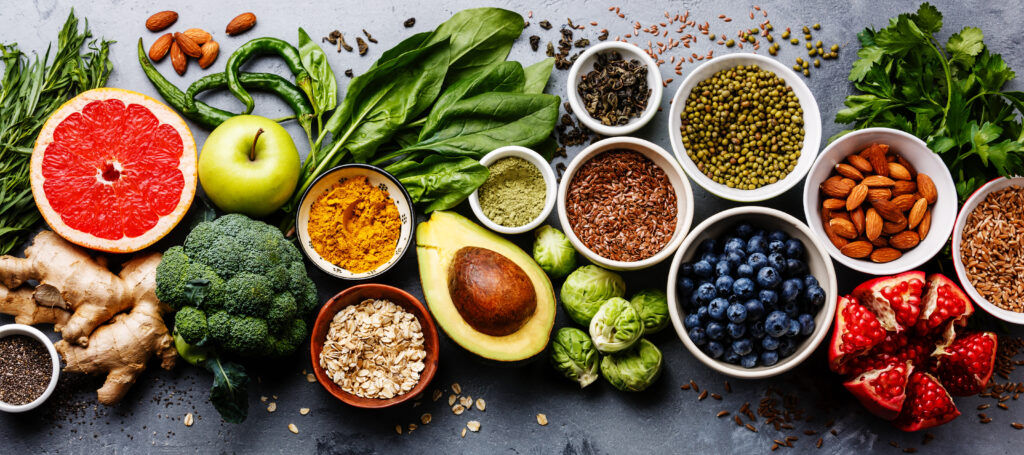All children need regular sources of iron-rich food, especially during later infancy, toddlerhood, teenage girls and for those following vegetarian or vegan diets. Iron availability from food is variable, and absorption in the intestine is limited to around 15-20%. Iron absorption depends on a number of changing factors: the iron status within the body, general health. Iron absorption generally decreases with age. The availability of iron within food is known as bioavailability. We depend on dietary iron to make haemoglobin, the oxygen-carrying molecule found in our red blood cells. Delivery of oxygen to the body, muscle and brain is its most important role in the body, but also for brain development, concentration and stamina. Vegan infants, children and teenage girls will need an iron supplement; but it’s also good to be aware of the natural rich sources, foods fortified with iron and factor affecting its absorption.
Maximise iron intake, absorption and bioavailability with these top tips
- Avoid giving milk with a meal as the high calcium content of milk reduces iron absorption
- Do include fruits and vegetables with each meal; the Vitamin C content increases iron absorption
- Avoid giving children tea; the tannins in tea bind iron and reduce its absorption
- Foods containing haem-iron and from animal sources like red meat and eggs are absorbed well
- Foods containing non-haem-iron from plant sources like cereals, fruits, nuts, pulses and vegetables are less well absorbed
- Eating meat 1 -2 x a week, 3-6 eggs per week, regular beans, pulses, nuts, fruits, cereals and vegetables will meet the needs of most children
- Other plant sources of iron include apricots, blackcurrants, figs, prunes, cocoa, dark green leafy vegetables, lentils, edamame beans, kidney beans, soya mince, TVP, tofu, cashew nuts, peanuts, tahini, sesame seeds, pumpkin seeds, oats, wholegrains, quinoa, fortified cereals eg. ready brek, weetabix
- Please note that because tofu is also rich in calcium, the absorption is limited to around 5-10%
- Vegetarian and vegan school children generally have lower iron status but do get sufficient iron from beans, pulses, soya mince, nuts, nutritional yeast with iron, tofu, fruits, cereals and vegetables – vitamin C intake is a valuable addition to enhance absorption for this group
- Toddlers can reduce the risk of iron deficiency by having water with main meals instead of milk
